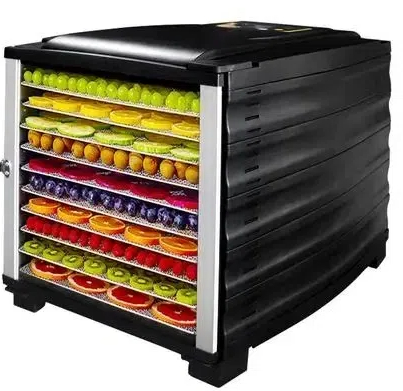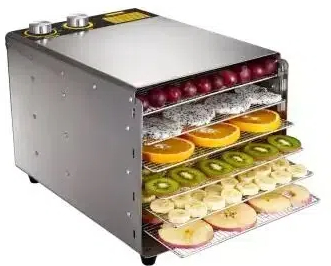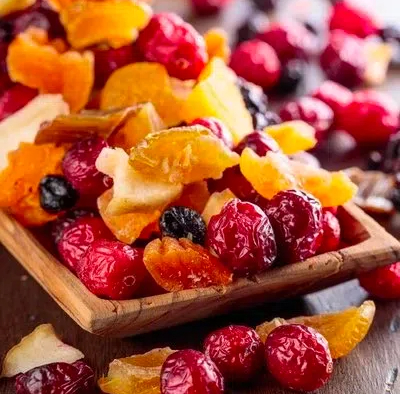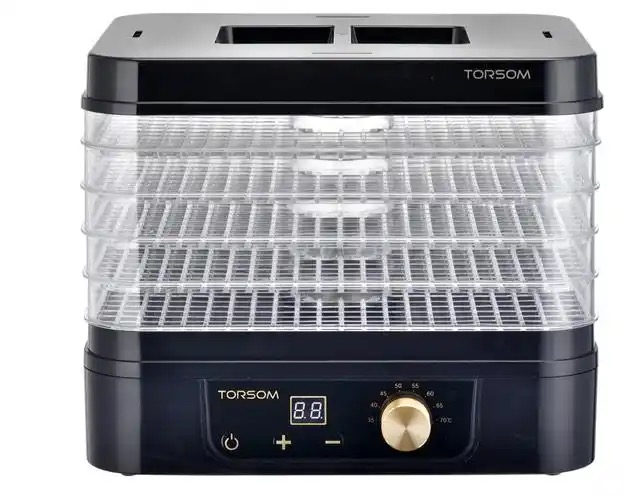
Content Menu
● Introduction
● Understanding Food Dryers
● Benefits of Using Food Dryers
● Choosing the Right Food Dryer
● How to Use a Food Dryer Effectively
● Common Mistakes to Avoid
● Creative Uses for Dried Foods
● Conclusion
● Frequently Asked Questions
>> 1. What types of foods can be dried?
>> 2. How long does it take to dry food?
>> 3. Can I dry food without a dehydrator?
>> 4. How should dried food be stored?
>> 5. What are the health benefits of dried foods?
Introduction
Food preservation is a crucial aspect of maintaining the quality and safety of our food supply. Among various methods, food drying stands out as an effective way to extend the shelf life of fruits, vegetables, and meats. This article explores the significance of food dryers, their benefits, and how to use them effectively.

Understanding Food Dryers
Food dryers, also known as dehydrators, are appliances designed to remove moisture from food. They come in various types, including electric dehydrators, solar dehydrators, and oven drying methods. Electric food dryers are the most common, utilizing heat and airflow to evaporate moisture efficiently.
Benefits of Using Food Dryers
Using a food dryer offers numerous advantages:
1. Nutritional Preservation: Drying food helps retain essential nutrients, making it a healthier option compared to other preservation methods.
2. Cost-Effectiveness: By drying seasonal produce, you can save money and reduce food waste.
3. Convenience and Versatility: Dried foods are lightweight, easy to store, and can be used in various recipes, from snacks to main dishes.
Choosing the Right Food Dryer
When selecting a food dryer, consider the following features:
1. Capacity: Choose a model that fits your drying needs, whether for small batches or larger quantities.
2. Temperature Control: Look for adjustable settings to accommodate different types of food.
3. Ease of Cleaning: Removable trays and non-stick surfaces can simplify maintenance.
Popular brands include Excalibur, Nesco, and Cosori, each offering unique features and capacities.

How to Use a Food Dryer Effectively
To maximize the benefits of your food dryer:
1. Preparation: Wash and slice fruits and vegetables evenly to ensure uniform drying.
2. Temperature and Time: Set the appropriate temperature based on the type of food. For example, fruits typically dry at 135°F, while vegetables may require 125°F.
3. Optimal Results: Rotate trays if your model does not have a fan to ensure even drying.
Common Mistakes to Avoid
Avoid these pitfalls to ensure successful drying:
1. Overloading the Dryer: This can lead to uneven drying and longer processing times.
2. Ignoring Food Safety: Always follow guidelines for drying and storing food to prevent spoilage.
Creative Uses for Dried Foods
Dried foods can be used in various ways:
1. Snacks: Create healthy snacks by drying fruits like apples, bananas, and strawberries.
2. Cooking: Incorporate dried vegetables into soups, stews, and casseroles for added flavor and nutrition.
3. Baking: Use dried fruits in muffins, breads, and granola bars for a nutritious boost.
Conclusion
Food dryers play a vital role in food preservation, offering a practical and healthy way to enjoy seasonal produce year-round. By understanding how to use them effectively, you can enhance your culinary repertoire and reduce food waste.

Frequently Asked Questions
1. What types of foods can be dried?
Most fruits, vegetables, herbs, and meats can be dried. However, some foods, like high-fat items, may not dry well.
2. How long does it take to dry food?
Drying times vary based on the type of food and the dryer used, typically ranging from a few hours to over a day.
3. Can I dry food without a dehydrator?
Yes, you can use an oven or air-dry certain foods, but a dehydrator provides more consistent results.
4. How should dried food be stored?
Store dried foods in airtight containers in a cool, dark place to maintain freshness.
5. What are the health benefits of dried foods?
Dried foods retain most of their nutrients and are often lower in calories, making them a healthy snack option.












